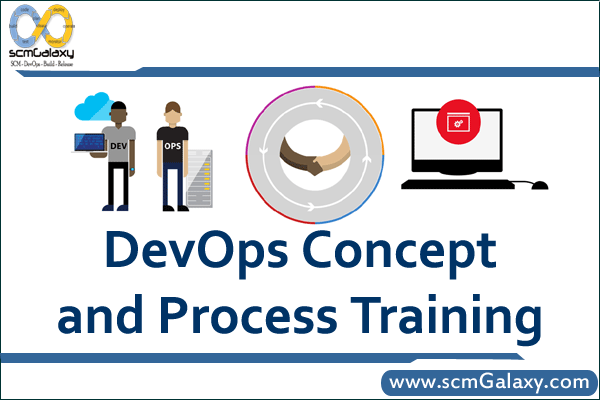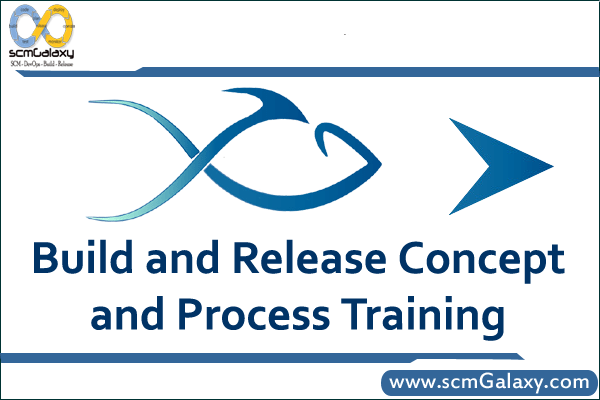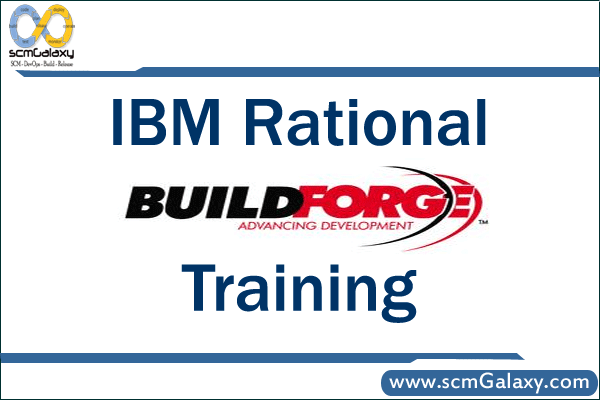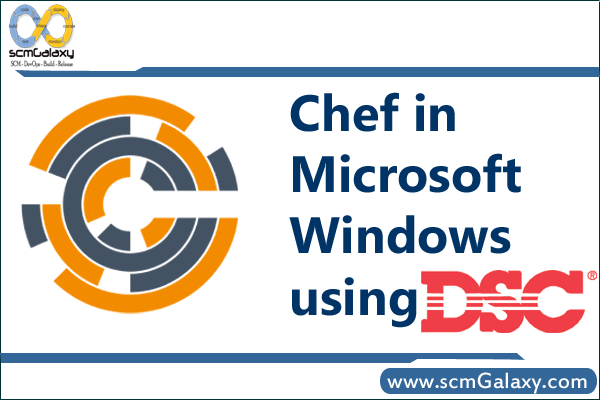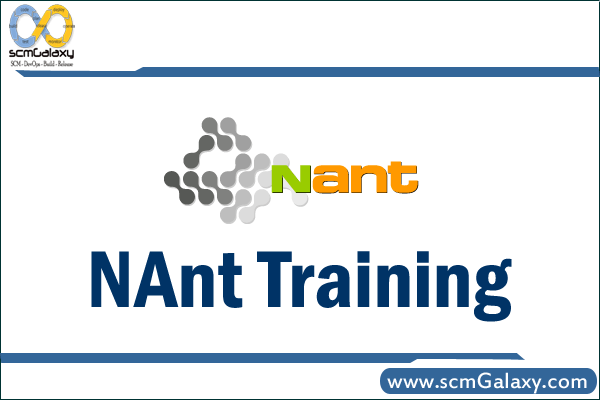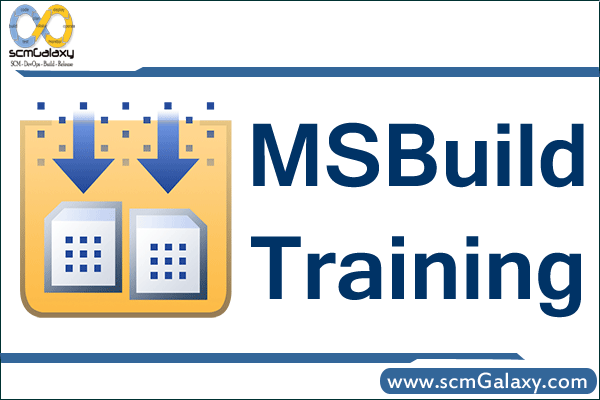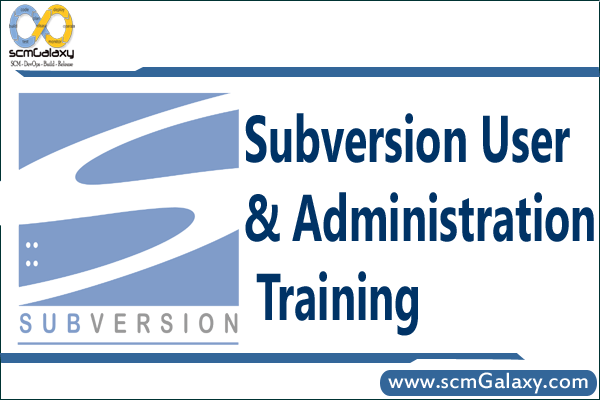
- Understand the need for Build and Release and the problems it resolves.
- Learn about the common Infrastructure Servers, Scalability and Availability
- Implement Automated Installations and Deployments
- Understand Performance and basic Security for Infrastructure
- Implement Virtualization Concepts
- Understand the need and concepts of Monitoring and Logging
- Understand the Continuous Integration and Deployment (CI/CD)
- Learn various Build and Release tools Chef, Puppets, Jenkins, Nagios, Docker, GIT, etc
- DevOps Engineer
- Build and Release Engineer,
- AppOps Engineer,
- Site Reliability Engineer
- System Administrator
- Operations Engineer
- Automation Engineer
- Project Managers,
- Testing Professionals,
- Software Developers and Architects,
- Basic understanding of linux/unix system concepts
- Familiarity with Command Line Interface (CLI)
- Familiarity with a Text Editor
- Experience with managing systems/applications/infrastructure or with deployments/automation
- email to info@scmGalaxy.com
- Phone to +91 700 483 5930 (India)
- Phone to +91 993 927 2785 (India)
- WhatsApp – +91 700 483 5930
- Skype – scmGalaxy
We do offer classroom training and workshop in Bangalore, Hyderabad, Pune, Mumbai and New Delhi. For more details, please send us an email to info@scmGalaxy.com
Also, you can follow this url Click Here
With Lifetime Enrollment
DevOps + Build & Release – INR 30K
Without Lifetime Enrollment
DevOps + Build & Release – INR 25K
- Technical benefits: Continuous software delivery
- Technical benefits: Less complex problems to fix
- Technical benefits: Faster resolution of problems
- Business benefits: Faster delivery of features
- Business benefits: More stable operating environments
- Business benefits: More time available to add value (rather than fix/maintain)
- 30 Hours instructor led online class
- Hands on Approach – We emphasize on learning by doing.
- Life time free re-enrollment to future DevOps courses
- Life time free access to all learning materials including
- Class recordings
- Presentations
- Sample Code
- Projects
- Total Lab Infrasture in cloud and 24×7 available
- 70% of the class is consist of Lab
- Each week assignments (total 4) with personal assistance
- Two real time senario based projects with standard evaluation
- 24×7 online support to queries during and after the course completion
- 1 dedicated class for Interview preparations
- Online Quizs for each tool
- Lifetime Free access to Our Learning Portal for FreeVideos, Scripts Collection, Quiz, Interview Guide, Projects, Tutorials etc.
- Life time Enrollment – Once you enroll, its life time enrollment. That means you can attend any number of session, Any Batch, Any time without paying another time for DevOps, Build & Release, Chef and Puppet. That means all courses, only one fees for life time.
Agenda of the training: Tools and Technologies
Concept and Process
- Software Configuration Management overview
- Elements of Software Configuration Management
- Introduction of Version management / Source Code Management
- Overview of Build management
- Overview of Packaging management
- Build and Release Concept and Process
- Overview of Release and Deployment management
- DevOps Concept and Process
- Continuous Integration and Delivery Process
Operating Systems
- Introduction of Linux Operating System
- Linux User Commands
- Linux Admin Commands
- Windows Administrator fundamental
Source Code Management
Build Tools
- Apache Ant Fundamental
- Apache Maven Fundamental
- Apache Maven Advance
- MsBuild Fundamental
- Gradle Fundamental
Scripting
- Powershell Scripting – Fundamental
- Bash(Shell) Scripting – Fundamental
- Ruby Programming – Fundamental
Package Management in Linux and Windows
- Yum
- apt-get
- Nuget
- RPM
Artifact Repository Tools
Configuration Management Tools
Incident Management tools
Continuous Integration Tools
CI/CD Concept and Implementation
- Concept of Continuous Integration
- Concept of Continuous Deployment
- Concept of Continuous Delivery
- CI/CD Implementation
 |
 |
 |
 |
 |
 |
 |
 |

